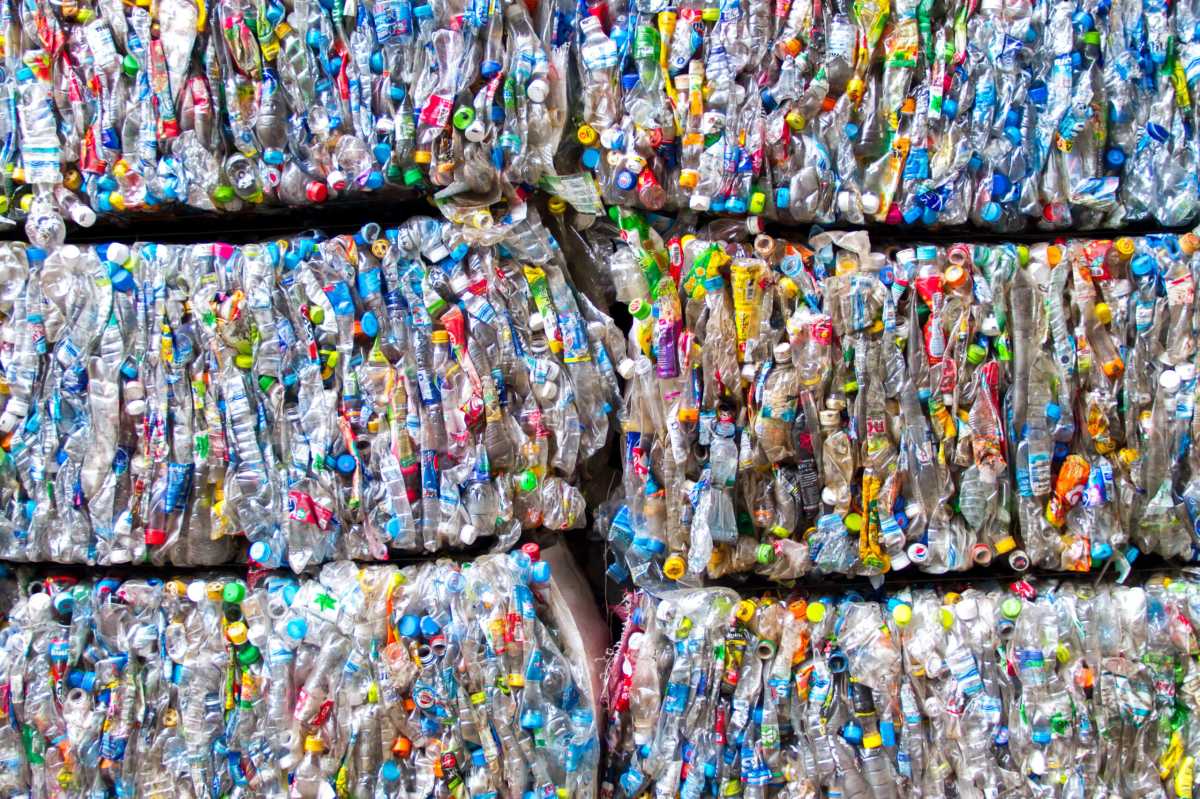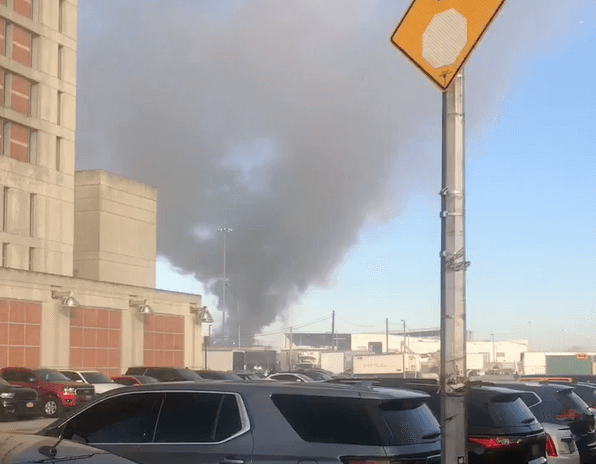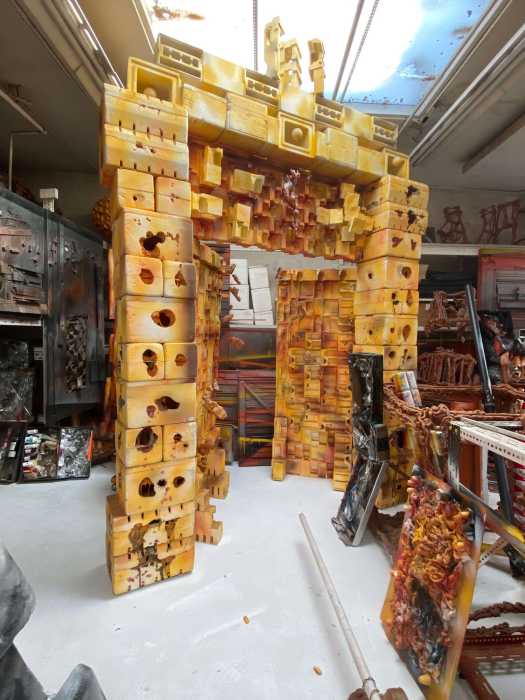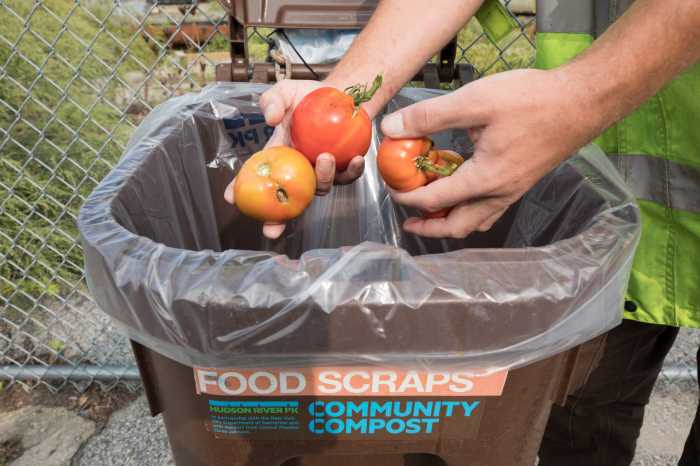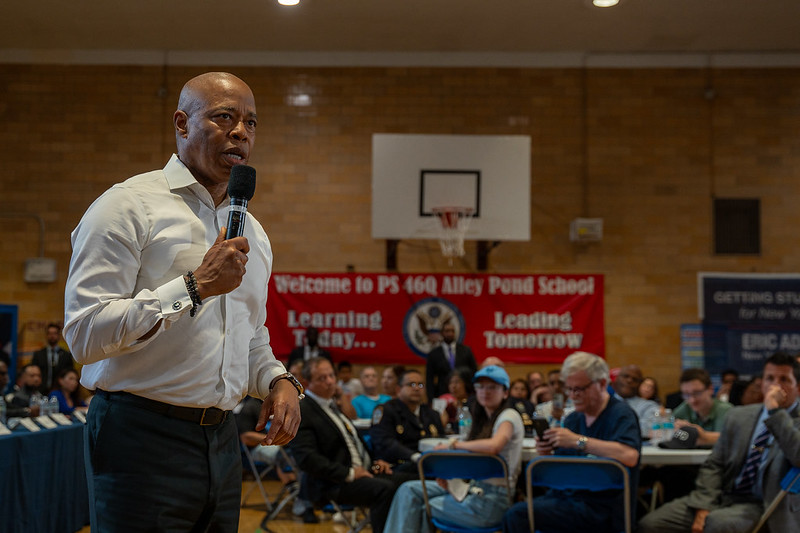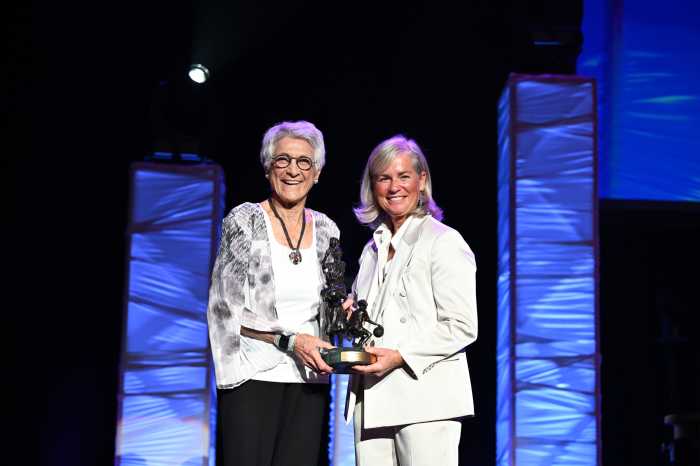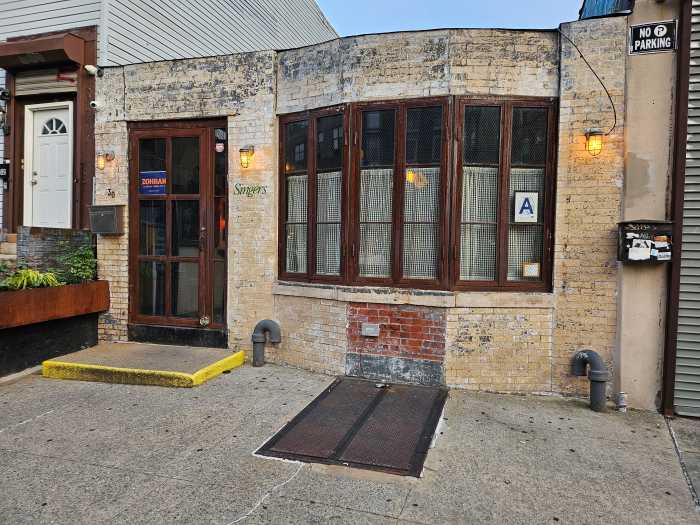Plastics are an essential part of our everyday lives. They are used to preserve our food to prevent waste, support travel and transportation, facilitate global communications, and to safely package, ship, and administer lifesaving medicines and vaccines. There’s also no doubt, however, that without practical solutions to plastic waste, 90% of plastics will continue to go to landfills and not be recycled due to New York’s antiquated recycling infrastructure.
New York doesn’t currently have those solutions, but thanks to efforts being led by lawmakers across the state, we could be just months away from welcoming a cutting-edge solution that will modernize the state’s recycling infrastructure and help us address the plastic waste crisis in earnest — just as my New York-based company, Braven Envrionmental, has already begun doing in North Carolina and hopes to soon implement in our home state, too. That’s if well-intentioned but hastily-written legislation introduced at the 11th hour by Assemblymember Steve Englebright doesn’t sabotage those efforts first.
For over a decade, Braven has been developing and studying how to improve recycling at the global scale. We’ve examined what hasn’t worked in addressing plastic waste, and, more importantly we’ve invested in solutions that do. That’s why we started closely monitoring what is called advanced recycling, a technology- and science-based waste solution that helps repurpose the 90 percent of used plastics that are otherwise difficult or impossible to recycle.
Advanced recycling uses the science of pyrolysis – which has been around for more than a century – and applies it specifically to plastics. Using pyrolysis, we take used plastics, break them down to their molecular form, and create a sustainable product that can be leveraged for new uses. At Braven, we recycle 20 tons of used plastics a day using this science, amounting to upwards of 7,300 tons of plastics recycled a year. But, that’s in North Carolina, which is one of the 18 states where we are currently allowed to operate an advanced recycling facility.
As much as we are thrilled to make a positive environmental impact elsewhere in the country and vastly expand the number of plastics that can be recycled, we are even more so itching at the opportunity to make a difference in our home state of New York. However, due to advanced recycling not being classified properly as a manufacturing facility in New York, we can’t.
But it’s clear New York needs it. Thirty-six million pounds of single-use plastic are found in the New York City’s waste stream each year. Home to more than 8 million residents, the five boroughs rely on just one recycling facility in Brooklyn to get the job done. One facility is hardly enough for even Brooklyn, which itself would be the third largest city in the world by population, let alone the entire City of New York. It’s partly why landfills across the state are reaching capacity and forcing municipalities as local as Brookhaven on Long Island to make difficult decisions about landfill expansion.
And, what’s all this lead to? More plastics being left to litter the local environment and a recycling tab that costs New York City residents $150 million a year. Recently introduced legislation by Assemblymember Englebright to develop what is called an “extended producer responsibility (EPR) program” is intended to try to solve that problem, but in reality, if passed, a particular provision in the legislation would only serve to exacerbate the problem by preventing companies like mine from operating advanced recycling facilities in the Empire State.
Senator John Mannion and Assemblymember Alicia Hyndman blazed the trail by introducing legislation (S.7891/A.9495) that would make New York the 19th state to leverage technology and science to solve the local plastic waste crisis by welcoming advanced recycling. And, New Yorkers responded, with more than 8 in 10 voters saying they would support candidates who back advanced recycling, per recent polling, and dozens of lawmakers from all corners of the state signing on to back Senator Mannion and Assemblymember Hyndman’s efforts.
I’ve seen firsthand the remarkable benefits that science and technology have created when it comes to environmental stewardship and job creation. It’s why Braven Environmental exists in the first place. We can’t allow the positive momentum generated toward bringing advanced recycling to New York be jeopardized by rushed legislation being pushed in the final days of session. Millions of dollars in private investment in the green economy are at stake.
Advanced recycling is the way of the future. It’s a 21st century solution to a century-old problem. We urge our lawmakers to do the right thing and ensure that this cutting-edge technology has a place in addressing New York’s plastic waste crisis.
Nicholas Canosa is the co-founder and chief executive officer of Braven Environmental, a New York-based firm that leverages technology to address the plastic waste crisis.



